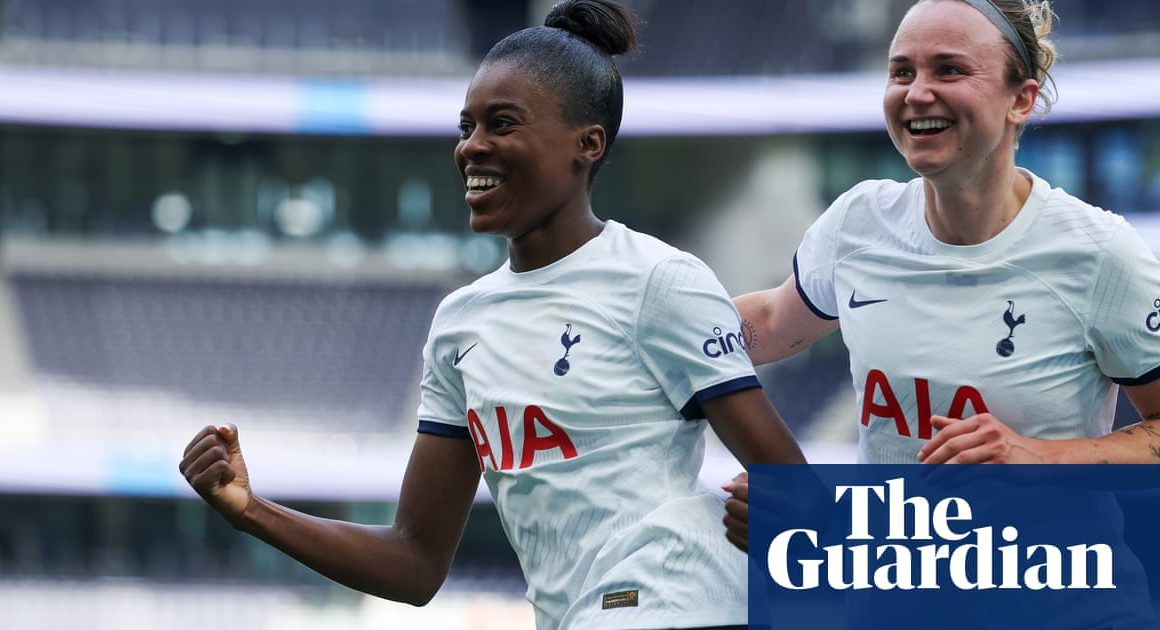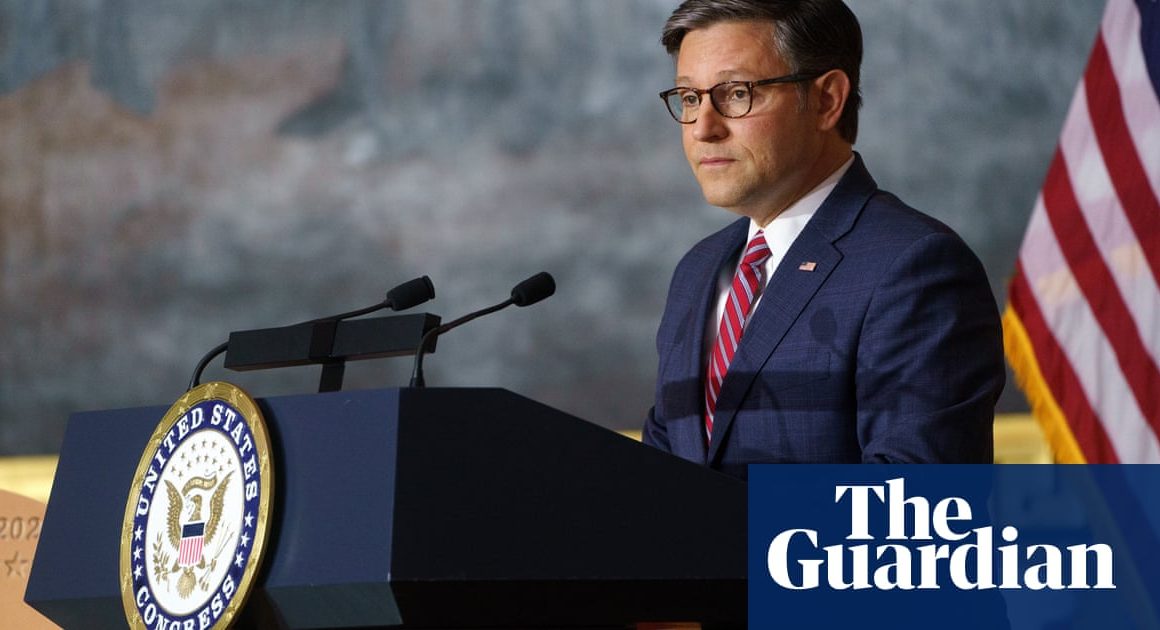Conservative party politicians have started to be seen as “weird”, with very few members of the general public – or even their own voters – able to identify the leadership candidates, new research has suggested.
It showed 70% of voters either did not know or thought none of the candidates could win the next election – with James Cleverly the highest scorer on 8%, followed by Priti Patel.
Multiple focus groups of former Tory voters suggested that those who had switched their vote at the last election were not inclined to back to the Conservatives any time soon.
The research by More in Common said the party struggled with relatability, particularly in Lib Dem areas, by focusing on topics “which excite the base, or the highly politically engaged” but were distant from ordinary people’s lives.
In a similar vein to the attack that Democrats have levelled against Republicans, especially the vice-presidential candidate JD Vance, the research found “there is a danger that the Conservatives have started to become seen as ‘weird’”.
It said in seats that were won by the Lib Dems “voters would explain that they were voting Lib Dem in these traditionally Tory strongholds because Ed Davey’s party just seemed more ‘normal’”.
The focus groups took place in July and August in constituencies including Surrey Heath, Basildon South & East Thurrock, Rother Valley, Henley and Great Yarmouth.
The research also conducted some polling on the general public, which found that the former home secretary Patel was the only candidate more than half the public could correctly identify from a photo. Even among those who voted for the Conservatives this year, Patel, Cleverly and Kemi Badenoch were the only candidates more than half could correctly identify.
Of the candidates who were introduced to the focus groups, which were shown video clips, the former business secretary Badenoch performed best with those who switched to the Lib Dems and Reform, with the highest number saying they would be willing to give her a hearing and that she offered something “new and different and refreshing”.
However, the candidate who was most liked by the group was Cleverly, a former home secretary, contrasting his ordinary background with that of the multimillionaire Rishi Sunak. Participants described him as “friendly, plain speaking and approachable and seemed to have a laid-back character”, though a few participants were turned off by what they had heard as his reputation for off-colour jokes.
The former immigration minister Robert Jenrick, seen in Westminster as one of the frontrunners to become Tory leader, received a relatively poor reception, described as “smug” “slimy” or “wooden”, although some who switched to Reform said they agreed with his messaging.
Patel, though the most recognisable candidate, was also seen as one of the most divisive, with many focus group participants suggesting she had too much baggage, though she was praised by some Reform switchers.
The former security minister Tom Tugendhat also received a reasonably positive reception, ranked as the most “prime ministerial” and having more gravitas than any of the other candidates. He was particularly popular with those who switched to Labour and the Lib Dems, and his military service was popular with Reform voters.











